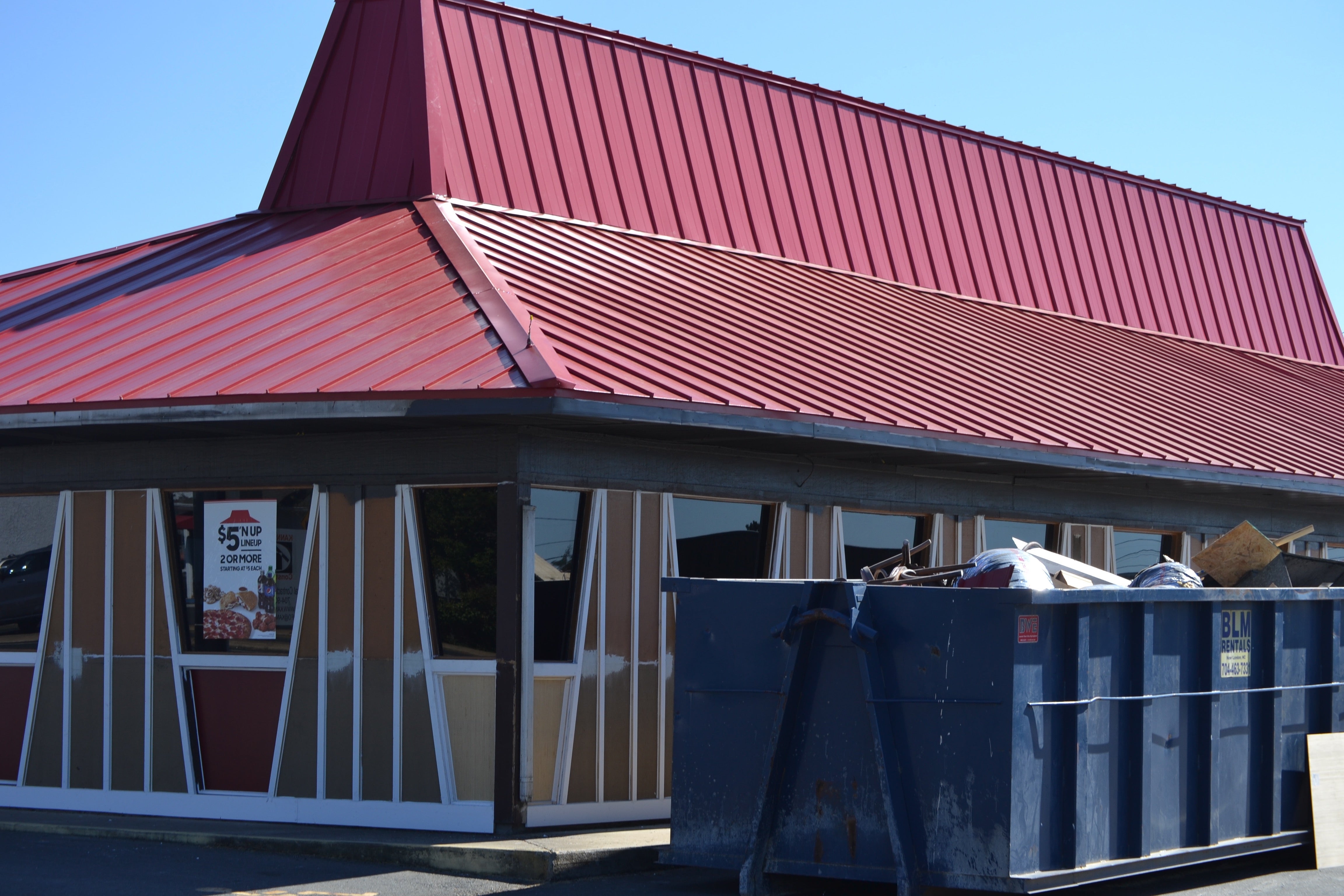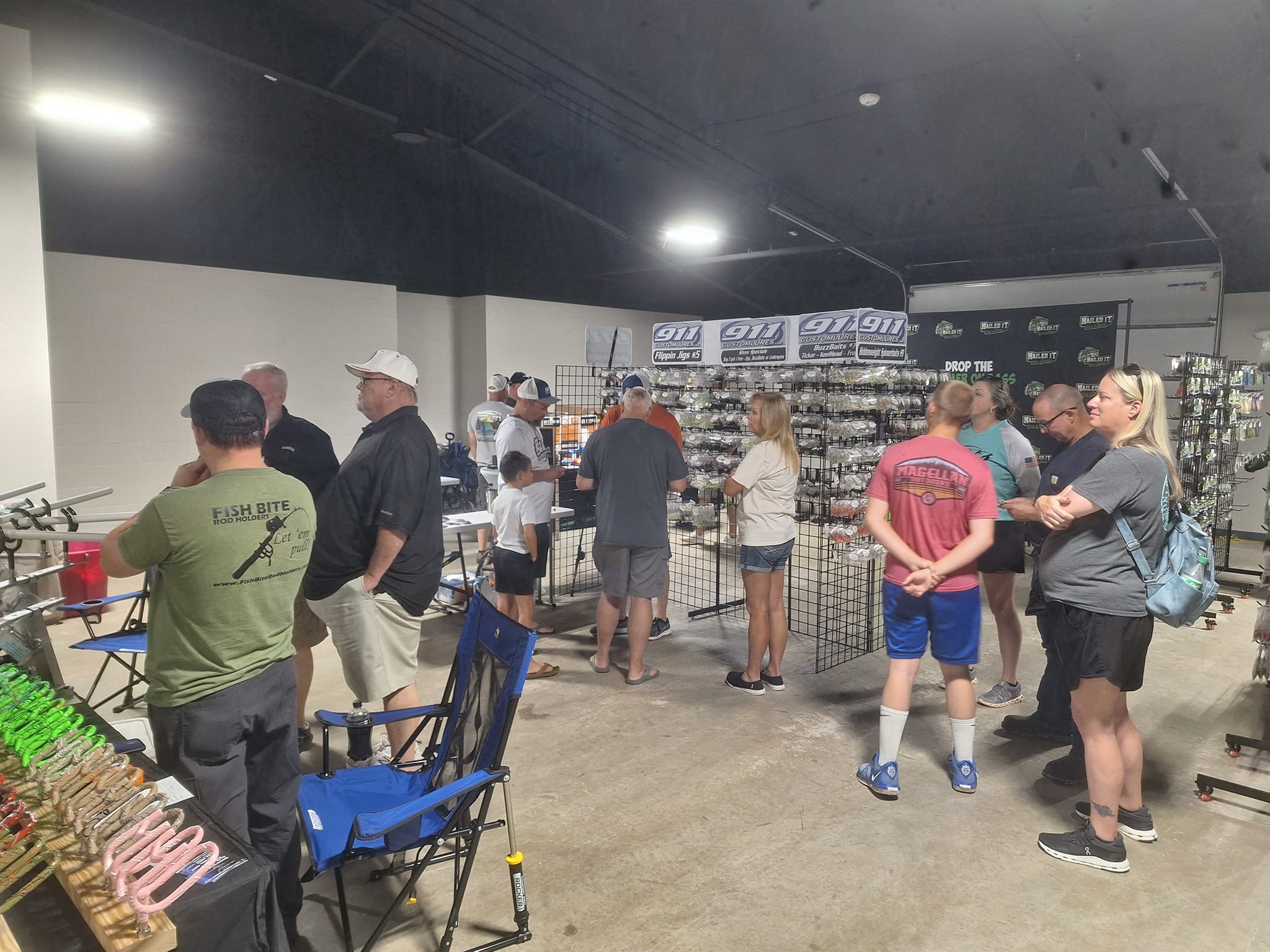DEAN RIDINGS COLUMN: A bridge over troubled waters for local journalism
Published 10:02 am Tuesday, December 5, 2023
|
Getting your Trinity Audio player ready...
|
Among the liberties enshrined for Americans in our founding documents, freedom of the press stands first among equals. “A popular government, without popular information, or the means of acquiring it,” wrote James Madison, “is but a prologue to a farce or a tragedy — or, perhaps both.” For generations, local journalism has been the lifeblood providing citizens the means to acquire the information required for enlightened self-governance.

Dean Ridings
Yet today, a perfect storm of economic disruption jeopardizes this proud tradition foundational to our democratic experiment. As digital technology has upended traditional revenue models, many newspapers have struggled to achieve sustainability. This has led to the proliferation of so-called “news deserts” across the land — communities bereft of comprehensive local reporting.
But amid these headwinds, local newspapers have shown remarkable resilience. Despite the economic challenges, most organizations are optimistic about the future and are committed to serving their communities through print and digital platforms. And while not all have achieved financial stability, even local newspapers in the most challenging environments are aggressively innovating and continuing to evolve their business models to achieve sustainability. While not all have achieved financial stability, this fortitude reveals an industry positioned for success given prudent policy support.
Trending
That is why Congress has developed legislation targeted specifically at converting struggling newspapers into sustainable businesses. The Community News and Small Business Support Act would provide temporary tax credits to inject resources into local newsrooms and incentivize small business advertising partnerships.
For qualifying newspapers, the Act offers credits of up to $25,000 per journalist in year one, phasing down subsequently — timely aid to rebuild battered newsrooms. Concurrently, thousands in credits encourage small businesses to advertise in local outlets, seeding a symbiotic growth cycle benefiting community partners.
These smart incentives offer a bridge over the stormy seas local publishers navigate. More reporters can be hired to supply the essential news rural residents rely upon. Once-robust papers decimated by staff cuts can restore breadth and depth. And critically, with expanded resources, outlets can consistently deliver high-quality journalism while adapting for the future.
We remain clear-eyed that fuller remedies will come only through many efforts: philanthropic funding, developing new rural business models, training journalists in community engagement. But federal incentives can help accelerate this work before the lights go out — offering temporary ballast to sustain community papers until achieving financial shipwright.
Some may argue that the government should stay out of the newspaper business altogether. But this phased, targeted support is a lifeline — not a takeover. Credits empower local organizations to freely navigate disruption on their own terms, while safeguarding press independence. Critically, the Act includes an inbuilt sunset mechanism that promotes fiscal restraint. The tax credits phase down after year one, and expire completely five years from enactment.
This ensures temporary support to bridge the storm — not endless government intervention or expenditure. The sunset clause limits assistance to a fixed term designed to deliver struggling newspapers across the passage to sustainability. Once achieved, the market discipline of performance, not federal credits, will dictate individual outcomes.
Trending
The Community News and Small Business Support Act — https://supportcommunitynews.com/ — represents a hand across troubled waters for community journalism. The industry has shown its mettle, achieving profitability through performance. This legislation will help the vulnerable remainder make the passage to sustainability — ensuring citizens nationwide can stay informed on the issues directly impacting their lives.
Dean Ridings is CEO of America’s Newspapers, the trade association for thousands of newspapers across the United States, including The Stanly News & Press. Visit www.newspapers.org.






